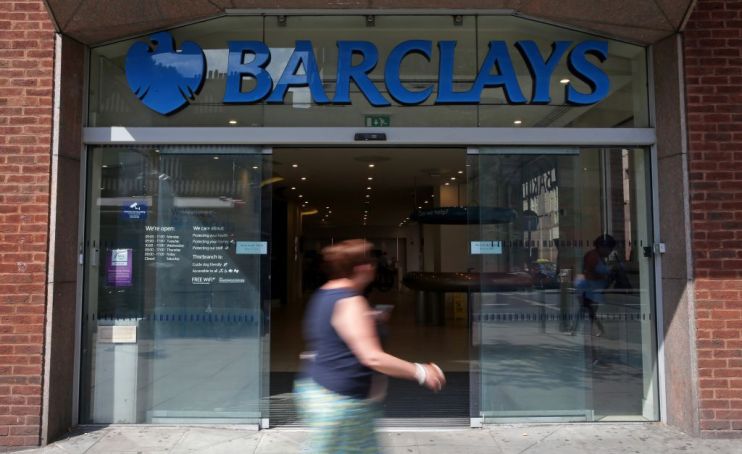London small business boss blasts Barclays over coronavirus loan scheme

Small businesses are at risk of collapse due to stringent eligibility rules for emergency coronavirus loans, the boss of a London marketing agency rejected for a loan has warned.
Richard Cox, co-founder of The Village Communications, accused banks of a “complete lack of interest” in helping small firms that were struggling to stay afloat during the crisis.
Cox and his business partner Deidre MacNair applied for a loan from Barclays through the coronavirus business interruption loan scheme (CBILS). The scheme was set up to help firms with a turnover of up to £45m survive the coronavirus lockdown.
However, Barclays rejected their application when it found the marketing firm was deemed to be an “undertaking in distress” under European Commission rules.
The Village fell narrowly into debt at the end of last year, largely due to two large client cancellations in December.
However, Cox said money another client still owes the firm would have put it back in the black. And the company had shown Barclays it could pay back the coronavirus loan by the end of 2021.
“It was basically ‘computer says no’ from the beginning,” said Cox. “Everything could fall apart for us, and they [Barclays] know that but they just don’t care.”
A Barclays spokesperson said: “We are confident that we are doing everything we can to get money to businesses as quickly as possible under the CBIL scheme. Unfortunately, on this occasion, the client does not meet the eligibility criteria as set out by the scheme.”
But the refusal raises questions over whether the scheme’s eligibility rules are shutting out viable businesses suffering cashflow problems due to the pandemic.
Cox said he was in a “Catch-22” position as he was reluctant to pursue clients over their debts out of fear of losing their business in future.
The advertising boss, who is a single parent, has put most of The Village’s staff on the job retention scheme. But he and his business partner are currently earning nothing as there is no provision for directors who pay themselves through dividends.
If he is unable to secure a loan he will be forced to close down the business, he added.
Cox said that while he had welcomed the government’s coronavirus loans scheme, banks were not using it in the spirit chancellor Rishi Sunak had intended.
“It just felt that you were getting a lot of good words from the chancellor but there was nothing coming [of] it,” he said.
Matthew Jaffa, senior external affairs manager at the Federation of Small Businesses, told City A.M. late payments were a “burning issue” for small firms and could make viable businesses look bad on the books.
“At this time I don’t think banks can purely see it as a name on a piece of paper. They have to hear the backstory and understand,” he said.
“The firms want to use the money to keep jobs open and keep the economy moving and the banks need to be on their side.”
The Village has now applied for a so-called bounce back loan, a new scheme offering the UK’s smallest companies loans worth up to £50,000.
The government has underwritten 100 per cent of such loans, which are meant to be available within 24 hours. But firms that receive that money cannot apply for a CBILS loan.
More than 100,000 small businesses applied for a bounce bank loan upon the scheme’s launch yesterday.
As of last week Barclays had given out £737m in coronavirus business interruption loans to 3,760 businesses.